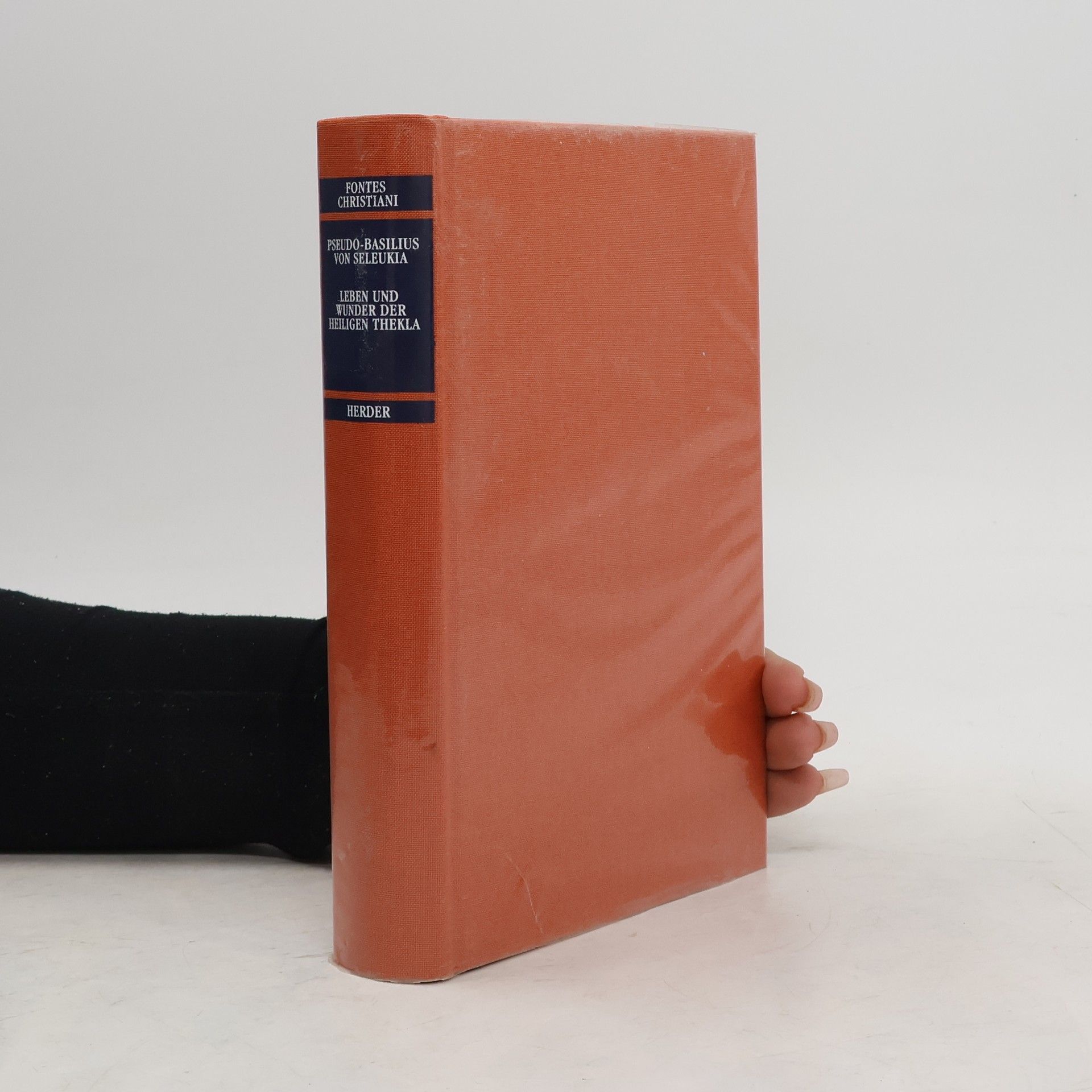The book delves into the enigmatic figure of Basil Valentine, a name linked to a supposed 15th-century alchemist, but likely a pseudonym for multiple 16th-century German authors. It explores the lack of historical evidence for Valentine’s existence prior to 1600, as noted by John Maxson Stillman, and suggests that both his biography and portrait were fabricated after the fact. The text examines the implications of this pseudonymity on the understanding of alchemical writings and their authorship in the context of early chemistry.
Basilius Valentinus Books
Basilius Valentinus was a possibly legendary alchemist of the 15th century.





The narrative features Basil Valentine, a member of the Benedictine Order, who shares insights on acquiring a rare treasure that enables the prolongation of life, inspired by ancient philosophies. The book delves into the wisdom of true Sages, offering a unique perspective on the quest for longevity and the secrets of life. Through a blend of philosophical discourse and practical guidance, it aims to illuminate the path to this extraordinary knowledge.
Die Basilius von Seleukia zugeschriebene, in Wirklichkeit aber von einem unbekannten Autor des 5. Jahrhunderts verfasste Schrift 'Leben und Wunder der heiligen Thekla" stellt ein ebenso einzigartiges wie faszinierendes Zeugnis fur die altkirchliche Verehrung der Paulusschulerin Thekla und die Anfange des christlichen Heiligenkults dar. Der vorliegende Band bietet neben einer ausfuhrlichen Einleitung zum ersten Mal eine ubersetzung ins Deutsche dieses wichtigen Werks der spatantiken Hagiographie.
Triumphwagen des Antimons
- 379 pages
- 14 hours of reading
Mit dem „Triumphwagen des Antimonii“ von Basilius Valentinus erscheint vor 400 Jahren ein alchemistisches Grundlagenwerk, das schnell großen Ruhm erlangt und in Europa weit verbreitet wird. Es hebt sich deutlich von der oft dunklen, symbolisch verschlüsselten alchemistischen Literatur ab und erfreut sich bis heute großer Beliebtheit als Quelle für die wissenschaftliche Aufarbeitung der Alchemie- und Pharmaziegeschichte sowie für Praktizierende, die einen ursprünglichen Zugang suchen. Die Kommentare von Theodor Kerckring und Anton Josef Kirchweger, die dem Werk beigefügt sind, sind selbst Klassiker, die den Text erläutern. Zwei umfangreiche Studien befassen sich mit Johann Thölde, der zwischen 1599 und 1604 als erster die Schriften von Valentinus herausgab und als möglicher wahrer Autor gilt. Ein handschriftliches „Proces Buch“, das Thölde 1594 dem Landgrafen Moritz widmete, bietet interessante Einblicke in die laborantische Praxis der Zeit. Diese Ausgabe präsentiert den Text des „Triumphwagens“ nach der Erstausgabe von 1604, ergänzt durch die Kommentare von Kerckring und Kirchweger sowie historische Studien. Die Originaltexte wurden sorgfältig aus der alten Fraktur in eine lesefreundliche Schrift übertragen und durch zahlreiche Querverweise miteinander verknüpft.
Dvanáct klíčů Basila Valentina
- 128 pages
- 5 hours of reading
Nové vydání spisu, jehož autorství je připisováno záhadnému benediktinskému mnichu Basilu Valentinovi. S bohatým obrazovým doprovodem. Přeložili D. Ž. Bor, Jakub Hlaváček, Milan Kolář a Martin Wernisch. V této podobě první vydání.Současné vydání díla, jež patří do zlatého kánonu alchymistické literatury, je rozšířené jak textově, tak především obrazově. Základ knihy tvoří text a rytiny Dvanácti klíčů Basila Valentina (předmluvu O velikém Kameni prastarých mudrců přeložil Martin Wernisch, Dvanáct klíčů a Krátký přídavek přeložil D. Ž. Bor, nově zařazenou báseň O prvotní materii Kamene mudrců přeložil Milan Kolář), dále jsou připojeny Viridarium chymicum Daniela Stolcia (epigramy přeložil Jakub Hlaváček), dodatky k Dvanácti klíčům od Vita Polackia (překlad D. Ž. Bor), obrazové tabule ku Dvanácti klíčům z Bibliotheca chemica curiosa J. J. Mangeta a mědirytiny k Dvanácti klíčům z vydání Basilius Innovatus (1717). Svazek v grafické úpravě Tomáše Nedomy uzavírá studie D. Ž. Bora Polární záře nad Německem a ediční poznámka.